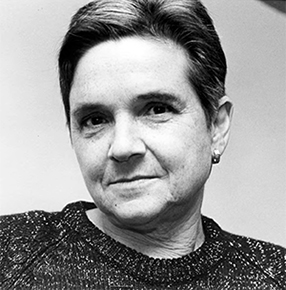This Evening Let’s
not talk
about my country How
I’m from an optimistic culture
that speaks louder than my passport
Don’t double-agent-contra my
invincible innocence I’ve
got my own
suspicions Let’s
order retsina
cracked olives and bread
I’ve got questions of my own but
let’s give a little
let’s let a little be
If friendship is not a tragedy
if it’s a mercy
we can be merciful
if it’s just escape
we’re neither of us running
why otherwise be there
Too many reasons not
to waste a rainy evening
in a backroom of bouzouki
and kitchen Greek
I’ve got questions of my own but
let’s let it be a little
There’s a beat in my head
song of my country
called Happiness, U.S.A.
Drowns out bouzouki
drowns out world and fusion
with its Get—get—get
into your happiness before
happiness pulls away
hangs a left along the piney shore
weaves a hand at you—“one I adore”—
Don’t be proud, run hard for that
enchantment boat
tear up the shore if you must but
get into your happiness because
before
and otherwise
it’s going to pull away
So tell me later
what I know already
and what I don’t get
yet save for another day
Tell me this time
what you are going through
traveling the Metropolitan
Express
break out of that style
give me your smile
awhile
From The School Among the Ruins: Poems 2000–2004 by Adrienne Rich. Copyright © 2004 by Adrienne Rich. Used by permission of W. W. Norton & Company, Inc.
“This Evening Let’s” appears in The School Among the Ruins: Poems 2000–2004 (W. W. Norton, 2004) by Adrienne Rich. In her essay, “Blood, Bread, and Poetry: The Location of the Poet,” published in The Massachusetts Review (Autumn 1983), Rich wrote: “I write for the still-fragmented parts in me, trying to bring them together. Whoever can read and use any of this, I write for them as well. I write in full knowledge that the majority of the world’s illiterates are women, that I live in a technologically advanced country where forty percent of the people can barely read and twenty percent are functionally illiterate. [. . .] Because I can write at all—and I think of all the ways women especially have been prevented from writing—because my words are read and taken seriously, because I see my work as part of something larger than my own life or the history of literature, I feel a responsibility to keep searching for teachers who can help me widen and deepen the sources, and examine the ego that speaks in my poems—not for political ‘correctness’ but for ignorance, solipsism, laziness, dishonesty, automatic writing.”

